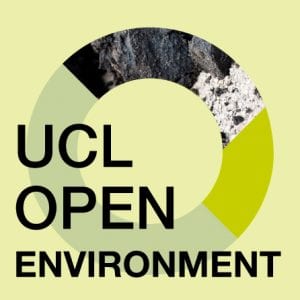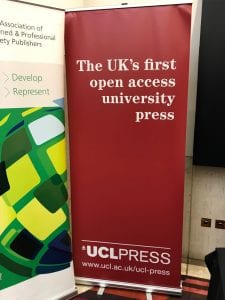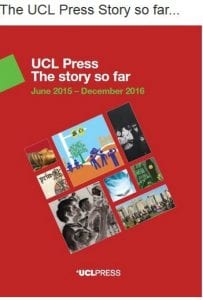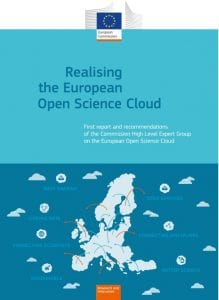UCL’s innovative open access megajournal starts taking submissions
By Alison Fox, on 31 January 2019
 Posted on behalf of Ian Caswell, UCL Press Journals Manager
Posted on behalf of Ian Caswell, UCL Press Journals Manager
UCL Press has launched its new open access megajournal ‘UCL Open’ and will start accepting academic research submissions from today (January 31, 2019).
It is the first university megajournal providing an open access and transparent end to end publishing model, enabling research to be accessible to everyone.
It is being piloted with UCL Open: Environment which focuses on environment-related research and will include contributions from life and earth sciences, as well as medical, physical, population, engineering, and social sciences. The model is expected to be developed and rolled out across a broad range of multidisciplinary research subjects.
Dr Paul Ayris, CEO of UCL Press and Pro-Vice-Provost (UCL Library Services), said: “UCL believes that the future of academic and scholarly pursuit is best served by an open science agenda and fully open access publishing because knowledge should be accessible to all, regardless of location or financial means.
“By establishing UCL Press and bringing the publication and dissemination of knowledge back into the academy, UCL will stimulate disruptive thinking and challenge prevailing scholarly publishing models across and beyond the university itself. We want to transform the way new knowledge is shared openly and without barriers.”
UCL first announced that it would be launching a new open access megajournal in January 2018, signalling its continued commitment through UCL Press to providing academics and students with ground-breaking research free of charge in a move that challenges traditional commercial publishing models.
Powered by the ScienceOpen discovery and publication platform, the megajournal aims to showcase radical and critical thinking applied to real world problems that benefit humanity.
The megajournal will champion the open science/scholarship agenda by openly and transparently reviewing and publishing articles that generate new knowledge, ideas and new ways of thinking.
Articles will be judged on the merit and scientific validity (sound science/scholarship) of the work. The journal is inviting submissions from any grade of researcher at and beyond UCL, at all career stages, including early career researchers, professionals, and mid to late career scholars. Editors are welcoming research from all parts of the globe that particularly focus on inter- and multi-disciplinary research.
Professor David Price, UCL Vice-Provost (Research), said: “UCL seeks to transform how knowledge is shared and applied to humanity’s problems. Only by sharing academic research as openly and widely as possible – with, for example, researchers, educators, students, policymakers, partners and members of the public – can its benefits to humanity be maximised. The traditional scholarly publication system is not fit for, nor does it intend to serve, this purpose.
“UCL Open is a further innovative step towards delivering our ambitions, building on UCL Press’s leading accomplishments in open access. Operating dually as an e-journal with a linked preprint server, accepted papers will first appear as open access preprints, then undergo Open Peer Review before the final article is published in the e-journal. In this way, the entire publishing process will be accessible, transparent, accountable, and faster.”
Stephanie Dawson, CEO of ScienceOpen, said: “Working with UCL Press to further develop the concept of the ‘megajournal’ within the context of an interactive discovery environment has been enriching for all. Drawing on the ScienceOpen infrastructure for preprints, open peer review and community curation, UCL Press is creating new ways to for scholars to interact with research results and rethinking the current publishing paradigm.”
Preprints are defined as scholarly articles that precede publication in a peer-reviewed journal. They speed the delivery and accessibility of academic research work and lead to faster reuse and collaboration by the research community.
UCL Open: Environment is now open and accepting new submissions. To read more about the megajournal, how it works and how to submit, as well as all its peer review and editorial policies, please visit ucl.scienceopen.com.
 Close
Close








